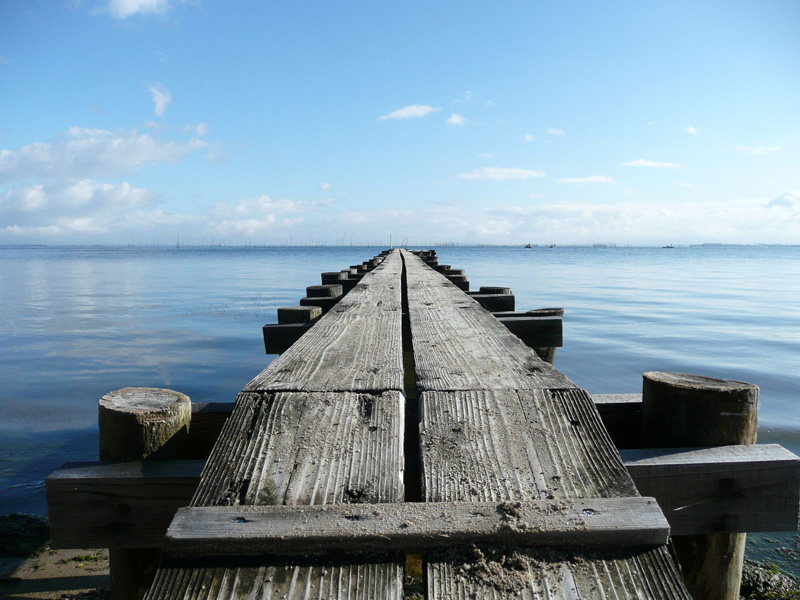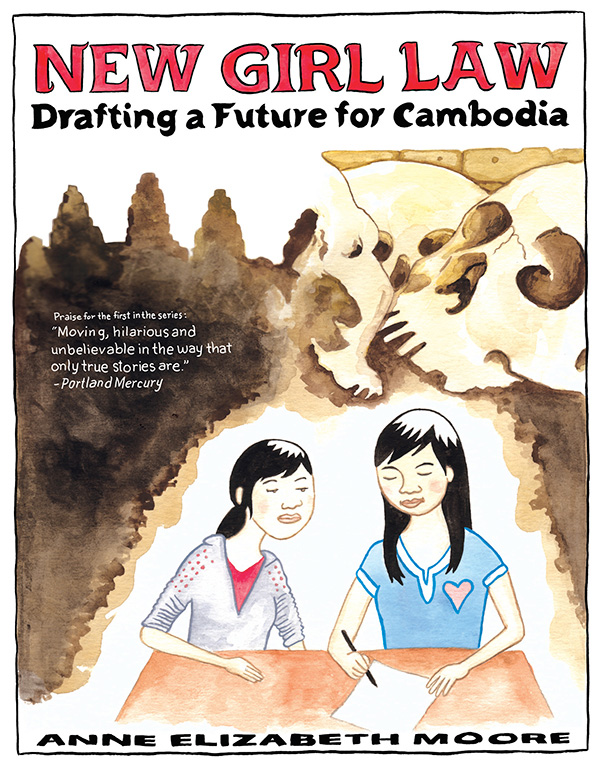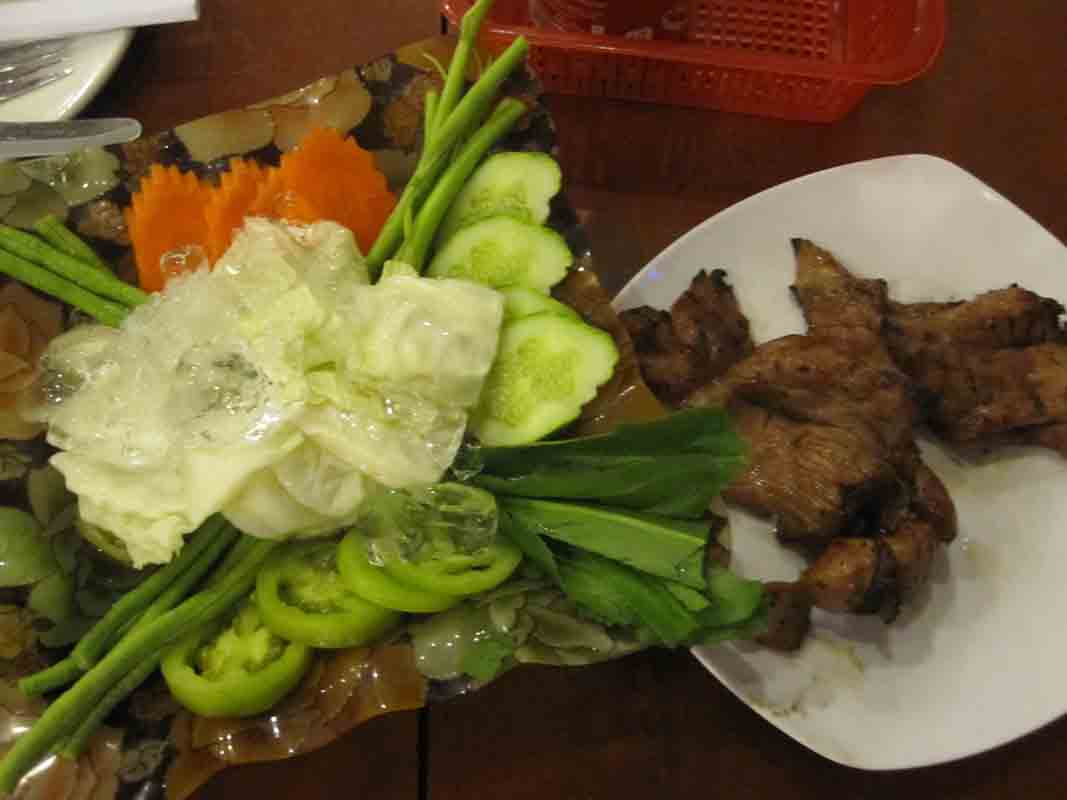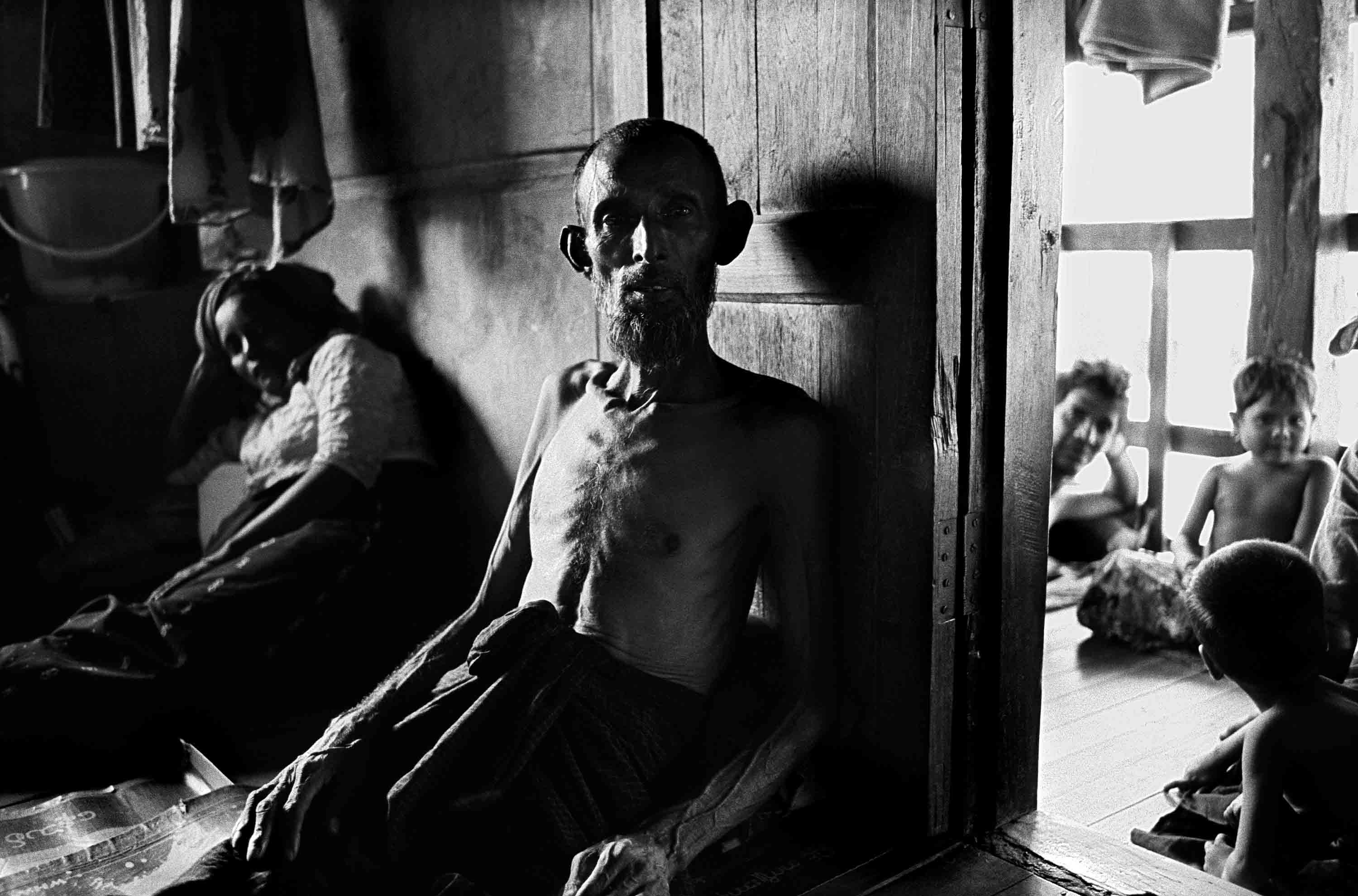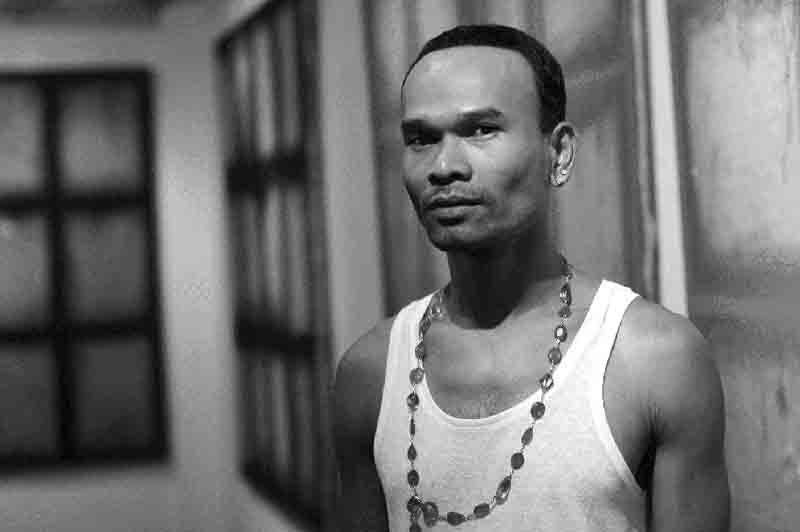As dawn broke in Japan on July 25 1999, the shores of Lake Biwa revealed an unusual sight. Lining the edge of the water were 350 people, who together faced the lake and intoned a kotodama, or traditional Japanese mantra. Containing the catchy little phrase ‘the eternal power of the universe has gathered itself to create a world with true and grand harmony’, the kotodama floated across Lake Biwa ten times before silence fell once more.
This was not, contrary to appearances, the opening of a scientology convention or an early morning rehearsal for an intimate Moonie wedding. A form of incantation traditional in Japan, kotodama refers to an ancient belief that a mystical power dwells in words and names, and that invocation of this power through language can and does affect change.
The belief may have been ancient, but the change willed was thoroughly modern. Japan’s largest freshwater lake, Biwa holds a central place in the country’s mythology, cultural history and national identity. But thanks to its location in Japan’s urban heartland, the lake is also pivotal to industry and development. Years of factory run-off had caused high levels of water pollution, depletion of natural fish stocks, destruction of traditional lakeside livelihoods and the creeping growth of putrefied algae which choked the lake’s surface and released a foul-smelling gas. The residents of Biwa were not amused.
[quote align=”center” color=”#999999″]In an attempt to reassert the lake’s natural balance in the face of apparently overwhelming ecological degradation, the Biwa community decided to respond with local wisdom rather than outsider interference; with shamanism rather than science[/quote]
In an attempt to reassert the lake’s natural balance in the face of apparently overwhelming ecological degradation, the Biwa community decided to respond with local wisdom rather than outsider interference; with shamanism rather than science. A month later the Kyoto Shinbun newspaper reported that the waters of Lake Biwa were clear and the putrid algae had vanished.
For three years between 2008 and 2001, award-winning Filippino filmmaker Nick Deocampo trailed five communities across Asia, including Biwa, who attempted to find local responses to ecological challenges. The resulting documentary, Cross Currents, brings together the residents of Biwa-ko, Batanes (Philippines), Kali Code (Indonesia), Khiriwong (Thailand) and Tasik Chini (Malaysia), intertwining stories of ordinary people finding out-of-the ordinary solutions to desperate situations.
“Instead of scientists, I met shamans and activists, survivors and healers,” Deocampo said of the documentary-making experience. “In the course of these meetings, I came to see the significance of unseen spirits, the counting of waves and the reading of clouds, the divination of animal sacrifices, the potency of activism, and the importance of human mediation in the face of social apathy and natural calamities. In short, I met courageous, although very ordinary, people. I was energised by community leaders who, despite the scarcity of resources and lack of funds, bravely provided for their community’s needs in times of natural and man-made calamities.”
Using water as Cross Currents’ main thematic and stylistic motif, Deocampo focuses on two main indigenous responses to ecological degradation: spirituality and communal action. It was spirituality, Deocampo says, which struck him the most. “All across Asia, I witnessed how spirituality has marked our relation with nature- although this may come in varying degrees of intensity. But the strongest affinity with nature comes from communities that have their local traditions intact.”
Batanes, the Philippines, is one such community. Deocampo found that through the experience and knowledge of the local shaman, marine resources were being preserved. Similarly in Indonesia and Thailand he filmed indigenous celebrations intended to honour water’s place as the lifeblood of the community.
To obviate the possibility of anyone accusing these communities of lack of direct action in the face of ecological disaster, Deocampo’s film also shows communal activities such as ‘river cleaning’ in Yogyakarta, and the establishment of a forest management collective near the once-festering Lake Bawa. Spirituality may be pervasive across Asia, but local people certainly aren’t too busy counting waves or reading clouds to get their hands dirty.
WHO: Award-winning filmmaker Nick Deocampo
WHAT: Cross Currents documentary screening
WHERE: Meta House, Sothearos Blvd.
WHEN: 7pm June 23
WHY: I had you at “shamanism”, didn’t I?
